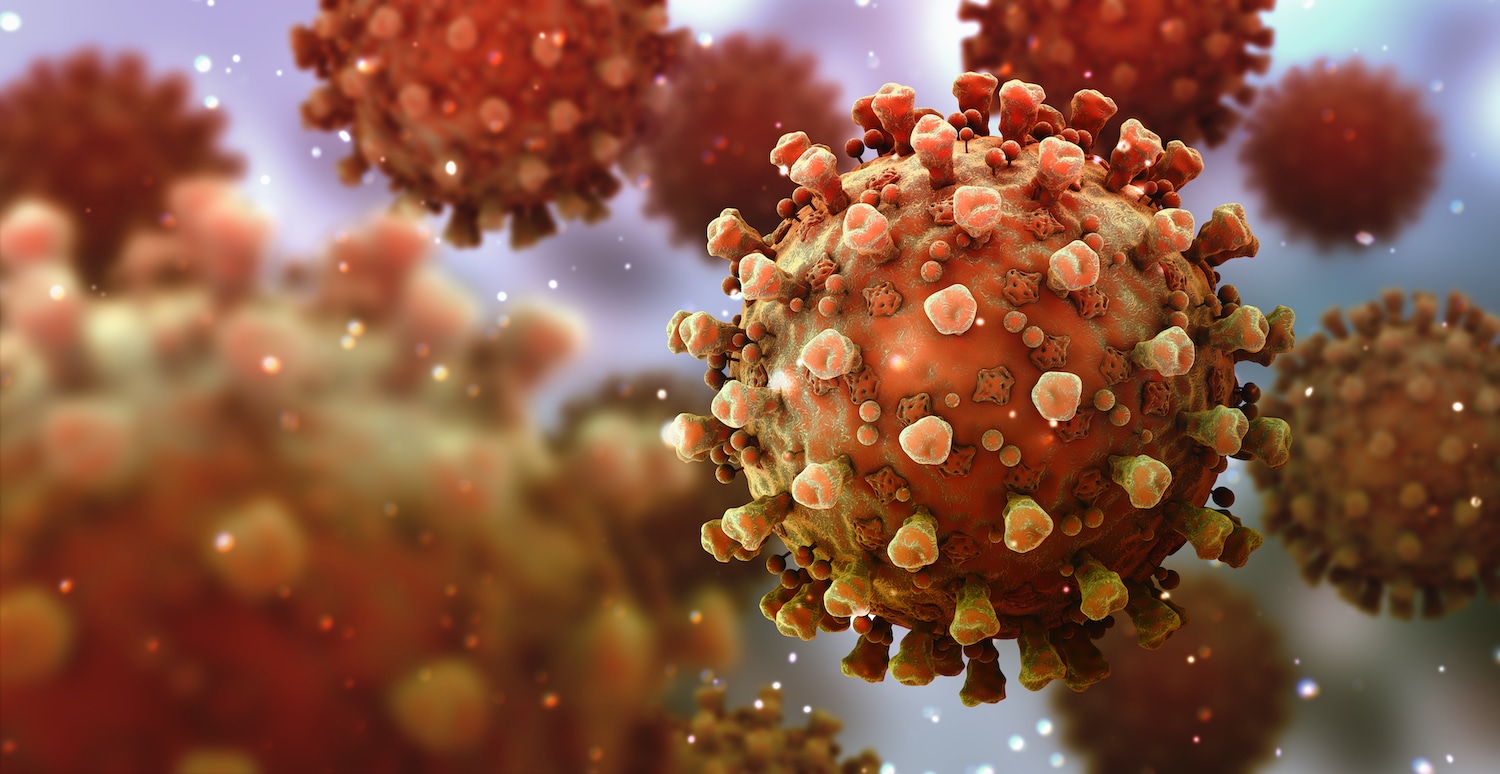More than 18 million people worldwide are diagnosed with cancer each year, and more than 9.5 million die of the disease. If severe acute respiratory syndrome coronavirus 2 (SARS-CoV-2), the novel coronavirus responsible for COVID-19, spreads at a level comparable to the 2009 H1N1 influenza virus (11% to 21% of the world’s population), millions of people with cancer will also suffer with COVID-19.
COVID-19 is characterized by symptoms of fever, cough and breathlessness. People affected by the illness most commonly have very mild, flu-like symptoms, but they can also develop severe pneumonia or even end up in critical condition, characterized by profound respiratory difficulties requiring mechanical ventilation that can lead to shock, multi-organ failure and, in some cases, death.
Effects on Cancer Treatments
What does this mean to a person just diagnosed with cancer or in the midst of cancer treatment? Many, if not most, systemic cancer therapies (those that circulate through the body) increase vulnerabilities to infections, including those caused by viruses. In like manner, cancer treatments will probably reduce defenses against SARS-CoV-2. First, people being treated for cancer may be more susceptible to SARS-CoV-2 infection upon exposure. Second, these patients may be more prone to a severe or life-threatening case of COVID-19 upon infection.
For More Information
Read more coverage here from Cancer Today on the various impacts of the coronavirus on people with cancer.
For several viral infections that complicate cancer treatment, antiviral drugs or immune globulin preparations can reduce the threat of major illness. This is the case for viruses causing seasonal flu, many common colds and some forms of hepatitis. Hopefully, new anti-SARS-CoV-2 drugs will have a similar result as they become available. Often, vaccination can prevent viral infection altogether. Yearly shots for seasonal flu are recommended for those confronting cancer, as well as for the general population. When it becomes available, a SARS-CoV-2 vaccine could help prevent COVID-19 from complicating cancer treatment.
Effects on Cancer Treatments
Until the SARS-CoV-2 virus can be eliminated, people with cancer may suffer with COVID-19. This has several practical implications. First, a diagnosis of an active SARS-CoV-2 infection will likely trigger cancer treatment delays or changes until the infection has fully resolved. Next, the appearance of symptoms like fever, cough and breathlessness, which can also be manifestations of cancer treatment side effects or other types of infections, will need to be approached as if a SARS-CoV-2 infection is present, including isolation to prevent coronavirus spread, until the results of SARS-CoV-2 testing are available.
As long as SARS-CoV-2 remains a threat, social distancing may be a consistent feature of cancer care. Frequent handwashing and avoiding large, dense crowds of people should help reduce the threat of coronavirus (and other respiratory viruses). Many cancer treatment centers are evolving to deliver evaluation and treatment using combinations of video visits, telemedicine, drive-through stations, and home care to reduce the need for gathering in waiting rooms for blood tests, infusions, injections, radiotherapy or radiology scans.
Perhaps the greatest worry about uncontrolled, life-threatening pandemic infections like SARS-CoV-2 is that at peak incidence, hospitals and health systems can be overwhelmed to the point where other illnesses, like cancer, are treated inadequately. When the pandemic has subsided, COVID-19 will have been directly responsible for many deaths, including among people with cancer, and indirectly responsible for many other deaths. The prayer of many in cancer medicine is that the excess burden SARS-CoV-2 has added to the world cancer problem will be as low as possible.
Cancer Today magazine is free to cancer patients, survivors and caregivers who live in the U.S. Subscribe here to receive four issues per year.





